Overview of the Society of the Empire
Welcome to the Empire of the Covenant! In this federal empire, tensions are increasing between the Light and Dark political factions. Light Lady Annabelle is the target of the Leader of the Dark faction and in order to gain allies to protect her, she starts Courtship Rituals to make suitors compete for her hand—but then the Dark Lord joins in. Come read about Annabelle's Courtship and her world!
Introduction to the story | Lady Annabelle Alyssenne | The imperial nobility | Novel upcoming
Introduction to the story | Lady Annabelle Alyssenne | The imperial nobility | Novel upcoming
This is an overview of the different aspect of the society of the Empire of the Covenant. Links are provided for more detailed articles.
Gender
There is no gender-based discrimination, all occupations are open to both men and women and there is no practical or societal obstacles to them exercising them. The rulers of the Estates can be of both gender and neither is preferred above the other. Women do not take the name of their husband upon bonding and the children traditionally belong to both families, although they take the name of the household - the Estate for nobles - in which they are raised. Transgender people are accepted and different types of magic have been developed for them, going from illusions to allow them to appear as they wish and artefacts to control their hormones, to powerful rituals that will irreversibly change their body. Such rituals require a huge level of magic, and so they take place during a big celebration in which all members of the local community participate. For individuals not well regarded by their communited, however, moving to a new place to start anew and form more positive relationships might be the only solution.
Example of ritual ground prepared for a ritual, by AmelieIS with images from Artbreeder and Unsplash
Table of Contents
Gender
Romance
Children
Casting children out and adoption
Religion
Language
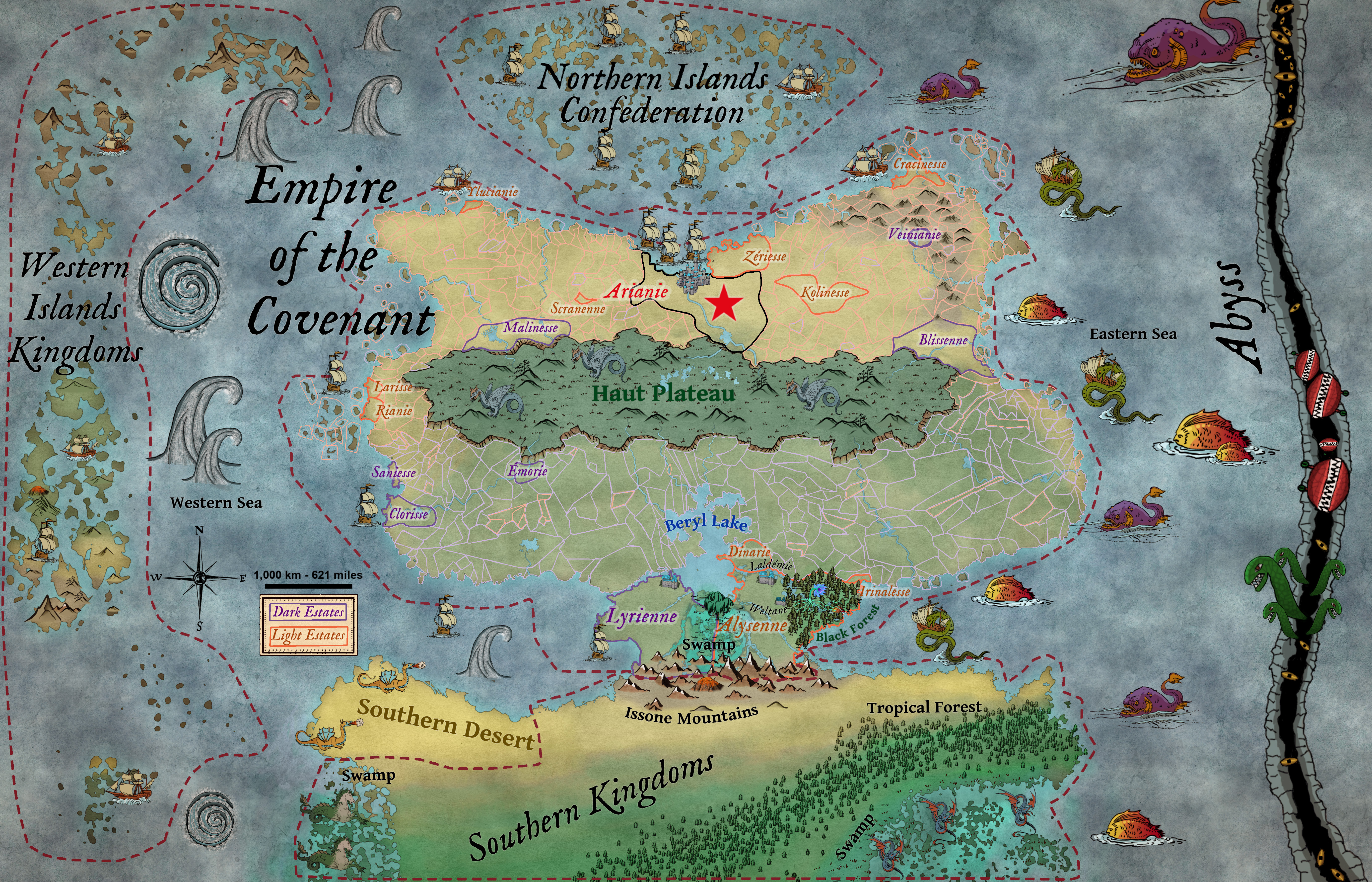
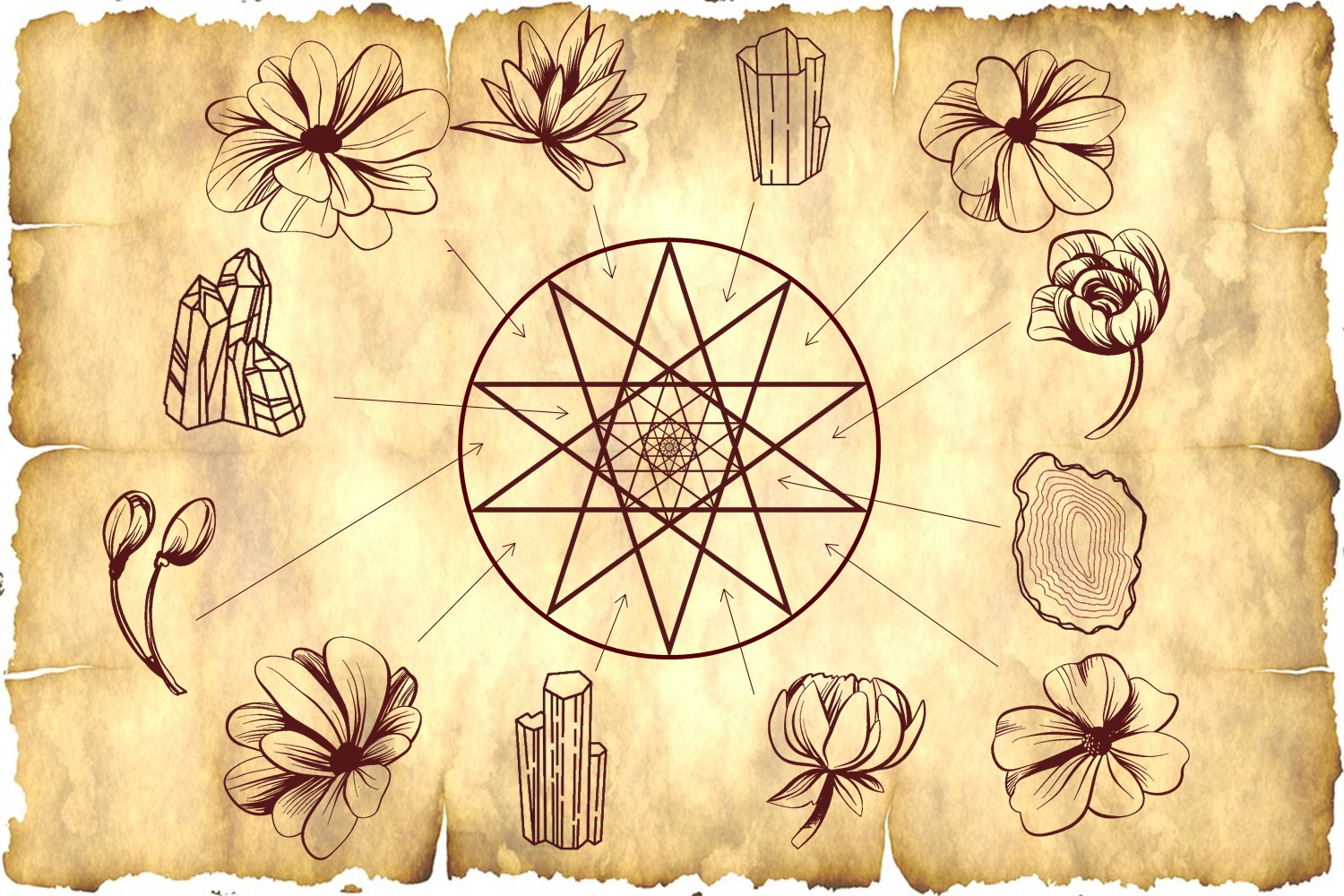
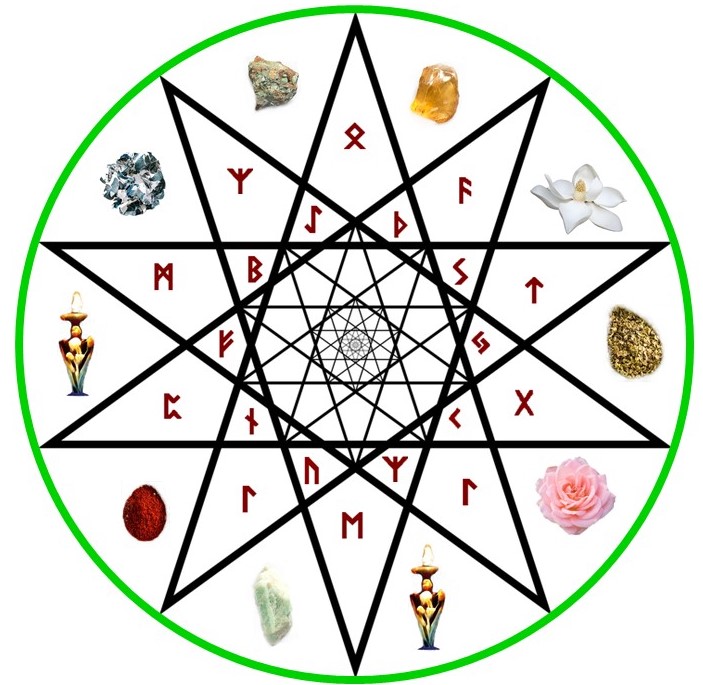



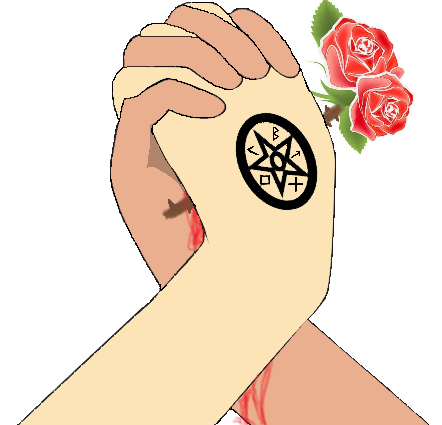
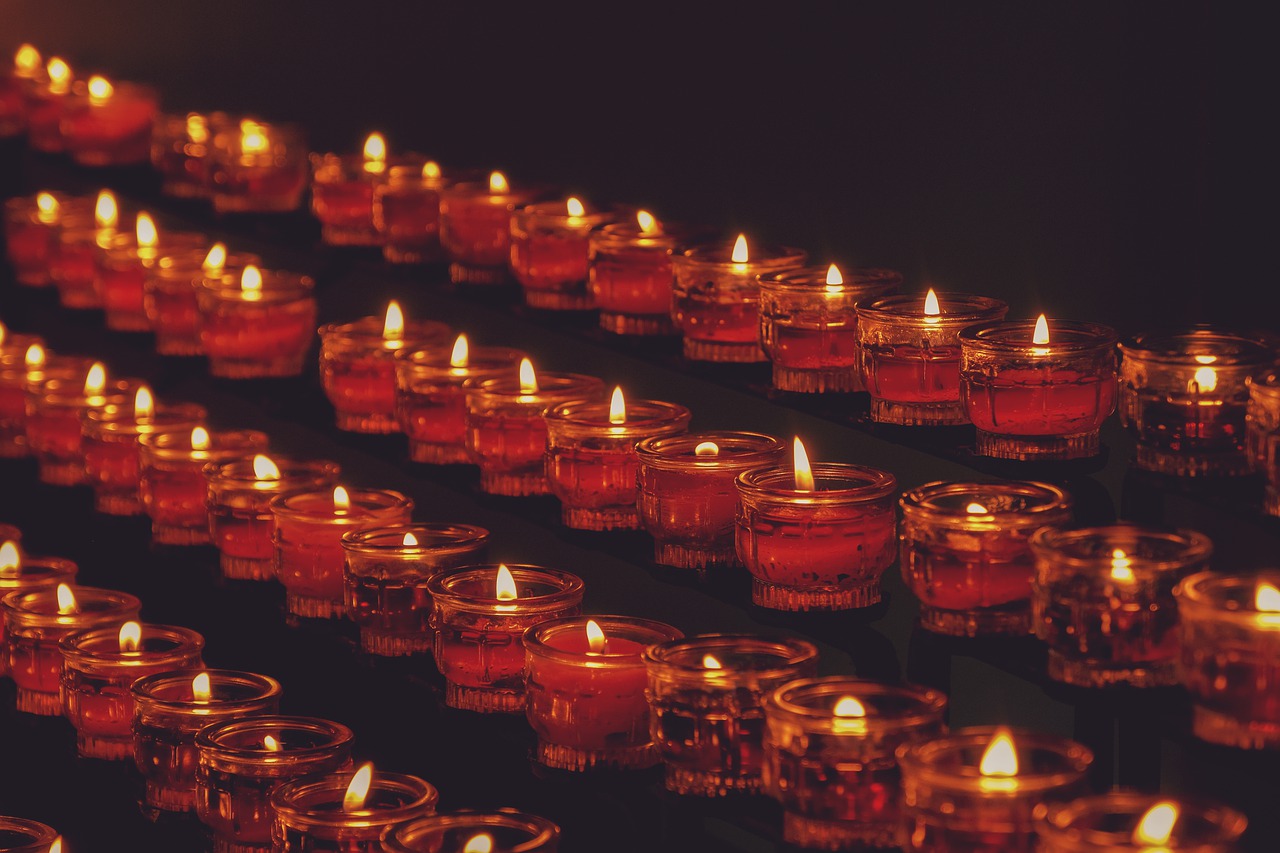
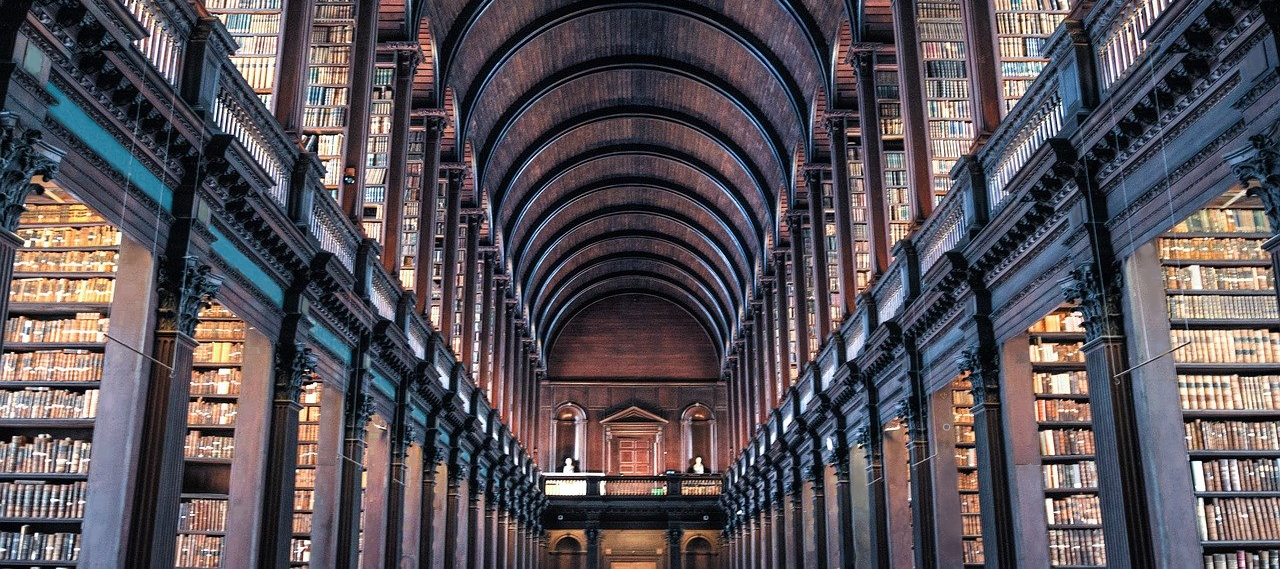

Comments